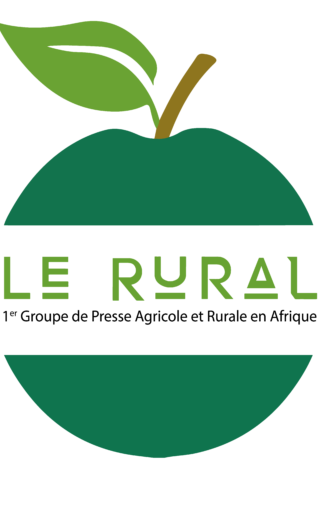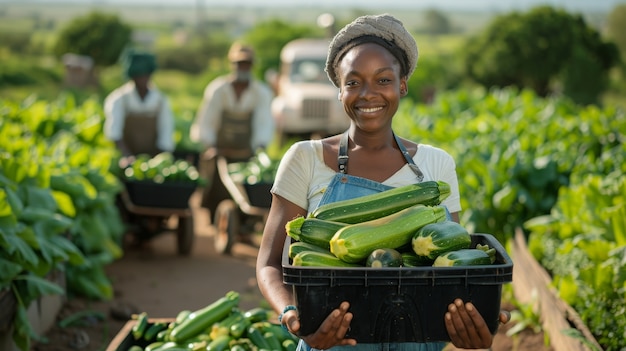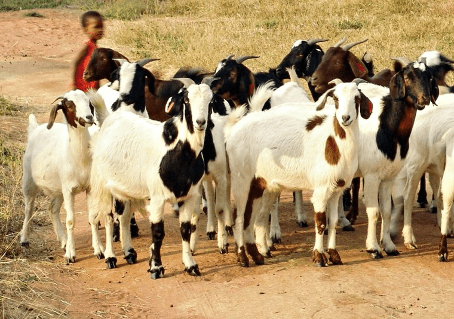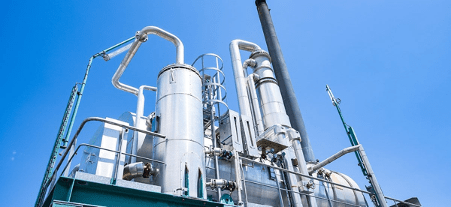In collaboration with INRAB, Africa Rice Center (AfricaRice), through a training session, has provided its partners in West and Central Africa with advanced methods enabling them to measure the impact of their research: an opportunity to change the old patterns and the vision of participants.

Madeleine ATODJINOU
AfricaRice, with support from the CGIAR Initiative on Transforming AgriFood Systems in West and Central Africa (TAFS-WCA) and the CGIAR Excellence in Agronomy (EiA) initiative, has organized a series of training sessions to strengthen capacities of its national partners. These included two training sessions at Sun Beach hotel in Cotonou, attended by 30 participants from 20 West African countries, including ten (10) English-speaking and ten (10) French-speaking countries. The training started on Tuesday, September 17, 2024, and ended on Tuesday, September 24.
Organized jointly by Institut National des Recherches Agricoles du Bénin (INRAB) and AfricaRice, this training session aims, among others, to strengthen participants’ capacities in cutting-edge methods and tools in this fast-growing field, with particular emphasis on their application to assessing the impact of agricultural research and innovation.
According to Dr. Aminou AROUNA, an impact evaluation economist at AfricaRice and one of the trainers, the evaluation of interventions to improve livelihoods must be robust and unbiased. This requires capacity building in a rapidly expanding field.

Indeed, rice is a crucial staple food for millions of Africans, particularly in West Africa, where consumption is steadily increasing. Unfortunately, this region relies heavily on imports to satisfy its growing demand. This makes West African countries vulnerable to fluctuations in world prices and food crises, as was the case in 2008. Thus, “the major challenge facing the African rice sector is to increase yields and production and improve processing and marketing to meet the growing demand for rice”, stated INRAB Director General Dr. Comlan Hervé SOSSOU. On top of this, countries generally lack reliable data, analytical tools and qualified personnel to assess the effectiveness of projects and investments in the rice sector. This lack of information further hampers financial and technical support for research and development in this sector, he pointed out. It was also noted that, in the past, only biased and ineffective methods were used to analyze and solve these problems.
New methods were introduced: experimental and non-experimental. In addition, “the particularity of experimental methods based on randomized control trials is that they are recent and highly robust for assessing the impact of innovations and interventions”, explains Dr. AROUNA.
AfricaRice, as part of its contribution to solving the above-mentioned challenges, is developing technologies and good agricultural practices using randomized control trials, thus contributing to the impact of these technologies. This method enables innovations to be tested before being scaled up to maximize their impact.
Other topics covered included tips for publishing high-impact results in prestigious journals, and the new functionalities of STATA software. Tips for publishing articles are essential not only to assess the potential impact of research, but also to disseminate them in high-quality journals to maximize their visibility and influence.




